Unknown Unknown
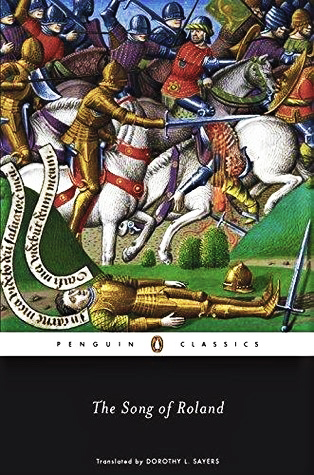
The Song of Roland
Unknown Unknown
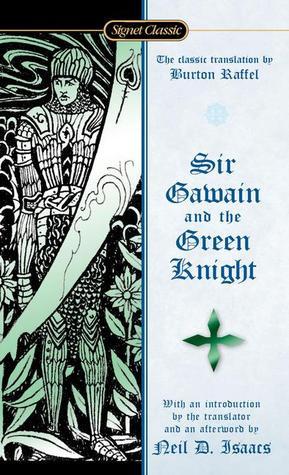
Sir Gawain and the Green Knight
Unknown Unknown
Written In Stars
Unknown Unknown

The Epic of Gilgamesh
Unknown Unknown

Песнь о нибелунгах
Unknown Unknown

The Mabinogion (Penguin Classics)
Unknown Unknown
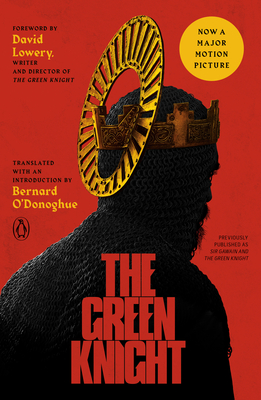
The Green Knight (Movie Tie-In)
Unknown Unknown

Girl's Best Friend (Barbie and Friends Book Club)
Unknown Unknown

Les Chats
Unknown Unknown
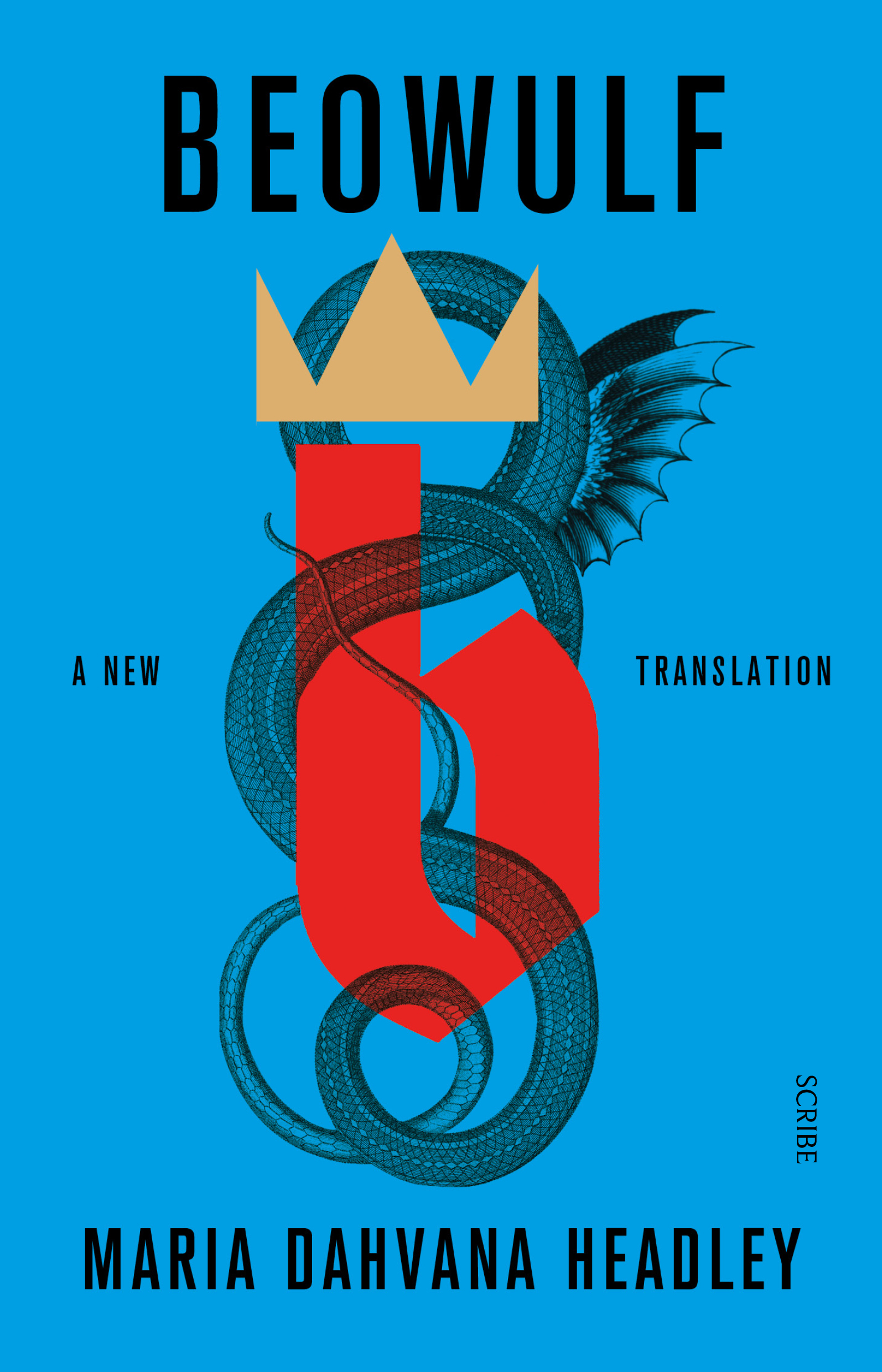
Beowulf: A New Translation
Unknown Unknown
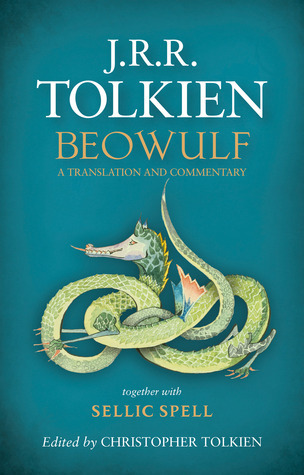
Beowulf: A Translation and Commentary, together with Sellic Spell
Unknown Unknown

Sir Gawain and the Green Knight: A New Verse Translation
Unknown Unknown

Beowulf: A Translation and Commentary
Unknown Unknown

Sir Gawain and the Green Knight / Pearl / Sir Orfeo
Unknown Unknown

The Poetic Edda: Stories of the Norse Gods and Heroes
Unknown Unknown

Die Geschichte des medizinischen Denkens. Antike und Mittelalter.
Unknown Unknown

The 9/11 Commission Report: Final Report of the National Commission on Terrorist Attacks Upon the United States (Authorized Edition)
Unknown Unknown

The Saga of Gunnlaug Serpent-tongue (Little Black Classics) by Anon Anon (2015-02-26)
Unknown Unknown
ALGO QUE NADIE HIZO
Unknown Unknown
Web book not found on GR
Unknown Unknown

Mabinogion
Unknown Unknown

Este invierno
Unknown Unknown
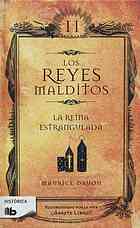
La reina estrangulada (Los Reyes Malditos, #2)
Unknown Unknown

Sir Orfeo
Unknown Unknown
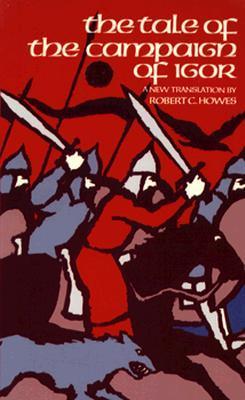
The Tale of the Campaign of Igor: A Russian Epic Poem of the Twelfth Century (A New Translation)
Unknown Unknown

El Cantar de los Nibelungos (Sepan Cuantos, #285)
Unknown Unknown

Beowolf
Unknown Unknown

Fubin Joushi to Furin Jouji.
Unknown Unknown
Judith (poem)
Unknown Unknown

Beauty and the Beast
Unknown Unknown

Si pudiera cambiarlos
Unknown Unknown

La voz dormida
Unknown Unknown

The Saga of Gunnlaug Serpent-tongue
Unknown Unknown

Everyman
Unknown Unknown

Pearl
Unknown Unknown

The Elder Edda: Myths, Gods, and Heroes from the Viking World (Legends from the Ancient North)
Unknown Unknown
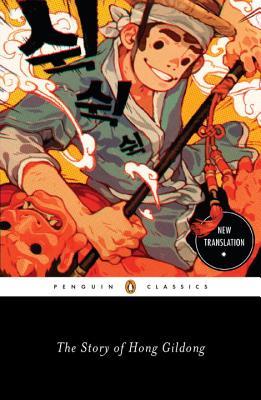
The Story of Hong Gildong (Penguin Classics)
Unknown Unknown

Oxford (City Of) Street Atlas
Unknown Unknown

O Negocio do Jair - A historia proibida do cla Bolsonaro (Em Portugues do Brasil)
Unknown Unknown

El descubrimiento de las brujas
Unknown Unknown

Storia di un tagliabambù
Unknown Unknown

Storia di Ochikubo
Unknown Unknown

Den spyeghel der salicheyt van Elckerlijc
Unknown Unknown

Mariken van Nieumeghen: Een mirakelspel
Unknown Unknown

I Nibelunghi
Unknown Unknown

To Fall (The To Fall Trilogy, #1)
Unknown Unknown
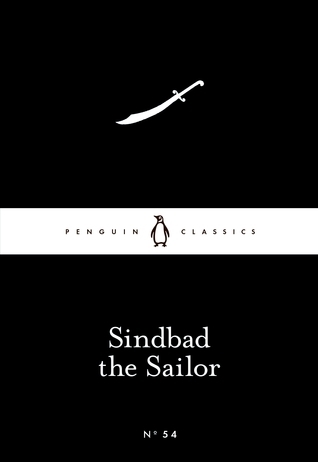
Sindbad the Sailor
Unknown Unknown

El si de las ninas + CD
Unknown Unknown

Cossack Fairy Tales and Folk Tales
Unknown Unknown
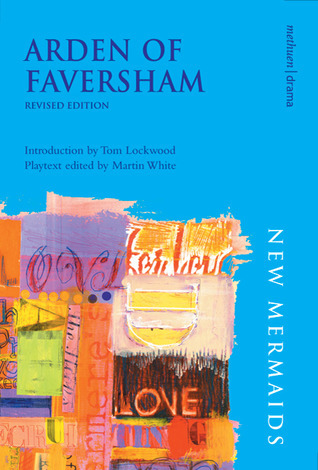
Arden of Faversham
Unknown Unknown

Beowulf: Old English Edition
Unknown Unknown
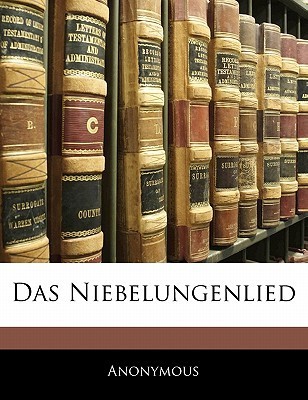
Das Niebelungenlied (German Edition)
Unknown Unknown

Los Borgia (Spanish Edition)
Unknown Unknown

Madrona island.
Unknown Unknown

The Love Song of Miss Queenie Hennessy (Harold Fry, #2)
Unknown Unknown
Sometime My Love
Unknown Unknown
fear! fear! fear! by helen hoke
Unknown Unknown
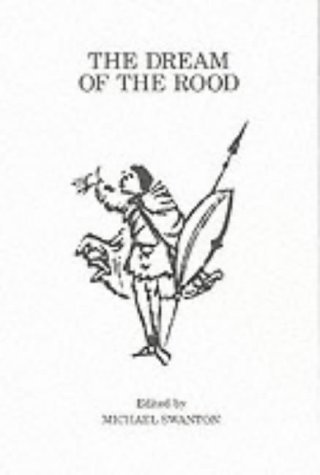
The Dream of the Rood (Exeter Medieval Texts and Studies)
Unknown Unknown

Knox’s Girl
Unknown Unknown

Beowulf
Unknown Unknown

The Nibelungenlied
Unknown Unknown

900+ PIE RECIPES eBOOK Pies Pastry Cobbler Tarts Cookbook
Unknown Unknown

The Voynich Manuscript
Unknown Unknown

Bhutan Gross National Happiness
Unknown Unknown